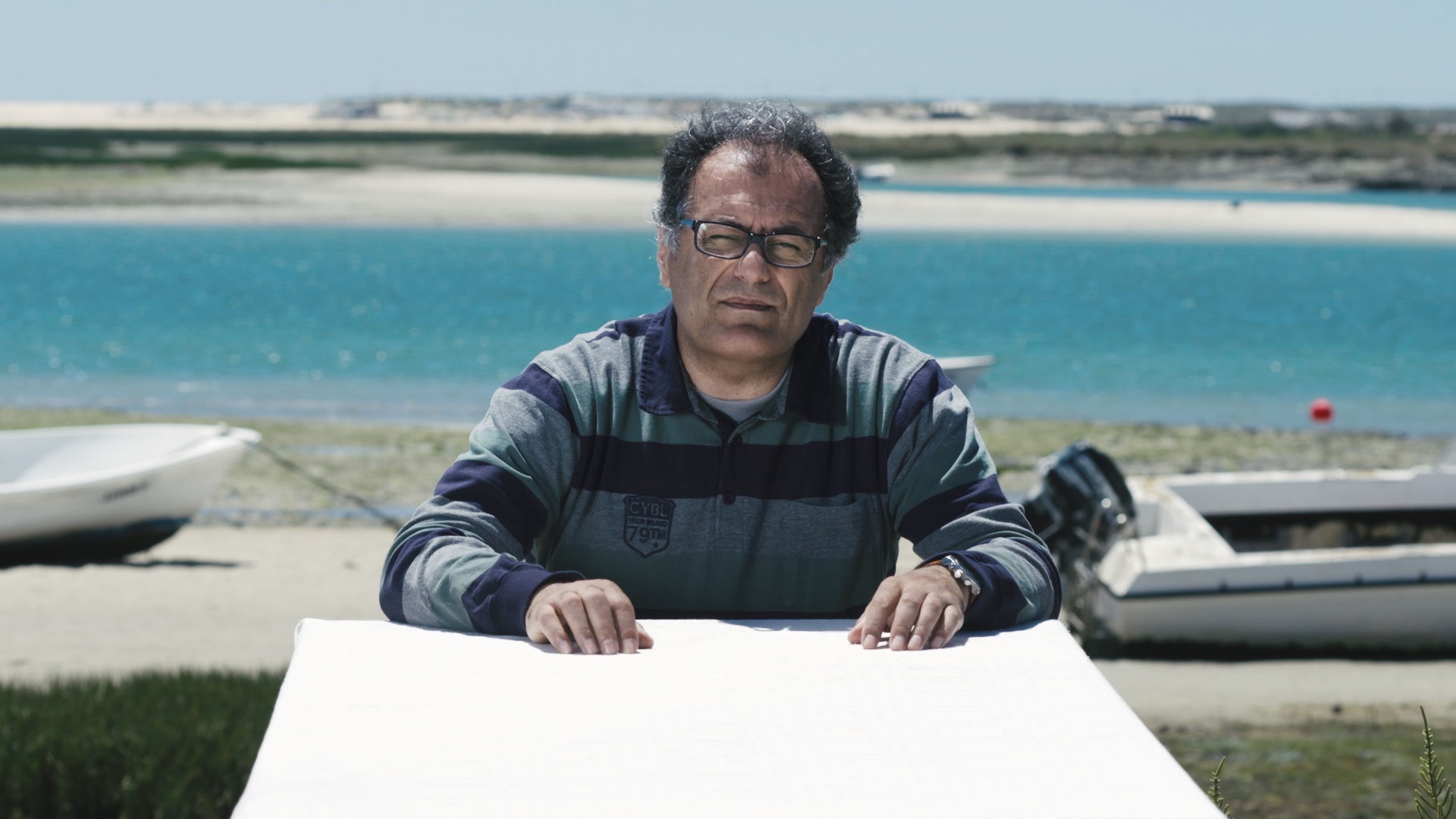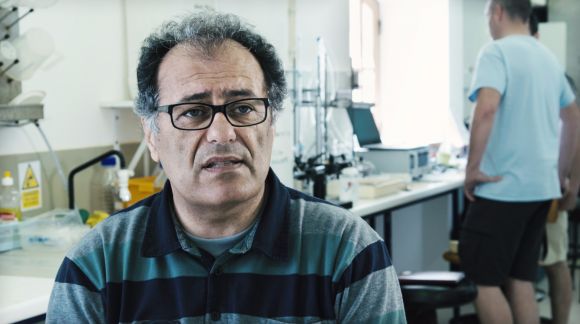Adelino V.M. Canario is a professor at the University of the Algarve and the Director of the Centre for Marine Sciences in the city of Faro in southern Portugal, as well as a visiting professor at the Shanghai Ocean University in China. His research is mainly focussed on animal chemical communication, endocrinology, reproductive physiology and genomics.
In the film, Professor Canario explains that the sea is an integral part of the Portuguese lifestyle as the people depend on it for their livelihood. Latvians can certainly understand this since the Baltic Sea is one of the cornerstones of Latvian identity.

In this aphorism written on 6 December 1923, Rainis reflects on the mutual understanding between different nations and emphasises that the similarity between various cultures at various times is a key aspect of intercultural dialogue: “We are strangers to each other: people, nations and times. We each feel, think and understand differently – yet still we can be, have been, and are close in random places and by accident.” The poet also concedes that there are similarities between cultures that have never had close connections.
“We all differ in race and epoch, but we are not so strange to each other that we cannot find ourselves and get to know each other as people. We have not looked for that. But we will,” writes Rainis.
Rainis’ words coincide with the ideals of the founding fathers of the European Union which, since 2000, have been expressed in the official motto of the EU: “United in diversity”. This conveys the idea that the EU is an environment in which people can come together to work for peace and prosperity, whilst enriching each other through their different cultures, traditions and languages. The aim of the Union is to create deeper solidarity between European nations while respecting and preserving our diversity.
The connection between Latvian culture and other cultures has been revealed in many different ways throughout the Latvian Presidency cultural programme. One of the clearest examples is the Signs of the Latvian Soul exhibition. Dedicated to Latvian national costumes and the Latvian Song and Dance Celebration tradition, the exhibition confirms the close links between the Latvian nation and Indo-European culture. At the opening of the exhibition in Riga, Dace Melbārde, the Latvian Minister for Culture, recounted how on a visit to Uzbekistan she was surprised to discover that one of the most common and powerful Uzbek ornaments is the jumis sign which is also a well-known symbol of fertility in Latvian traditional culture.
“This made me think of how long our many nations, cultures and languages have existed and of the depth of our roots. And that, in actual fact, we all have one progenitor,” said the Minister.
The #mindpower (#domasspēks in Latvian) project is dedicated to the 150th anniversary of the Latvian poets Rainis and Aspazija. It features a collection of 29 short films in which celebrities from all the EU Member States read excerpts from the works of Rainis and Aspazija in their native language. The project is part of the Presidency cultural programme and supported bu the airBaltic airline.
Each week a new video is released on the Presidency's website EU2015.LV. You can also watch the episodes on the Presidency's official Youtube channel and on the project's Facebook page.





